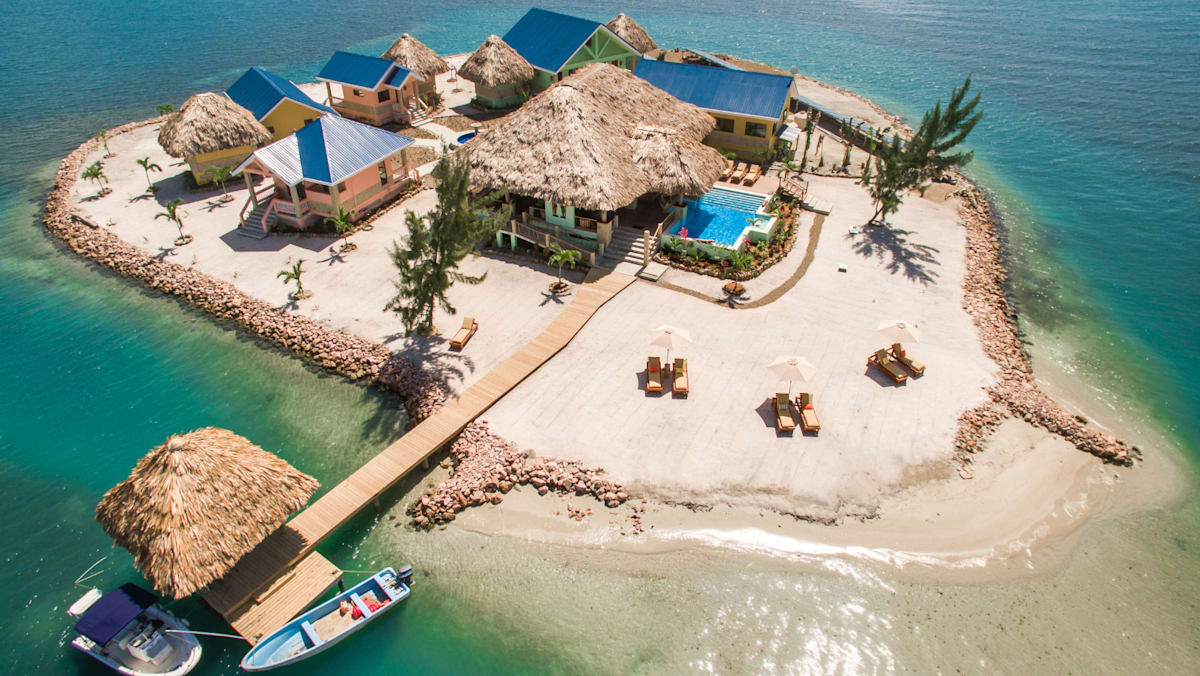Imagine checking into a sprawling clifftop mansion in Bali that overlooks the Indian Ocean. Or a triplex penthouse in Manhattan, with the city lights strung like pearls around you. Perhaps a storied, Renaissance-era chateau in the Loire Valley is more your vibe. Then imagine not having to pay a nightly rate for these experiences.
Well, for a handful of the world’s elite, this isn’t a figment of their imagination; it’s a reality for members of luxury travel club ThirdHome.
Welcome to the sharing economy for the top one per cent. ThirdHome is essentially a holiday home swap for the extremely affluent. You could think of it as timeshare-meets-Airbnb, except that no money changes hands between homeowners – they only pay an annual subscription (US$295 or S$377) and a one-time booking fee (US$495 to US$1,995, depending on the property tier and season), which covers admin and operation costs.
In the West – especially in the US – home-swapping is a well-established model, allowing homeowners to exchange time in their properties with like-minded travellers, without the transactional feel of renting.
In Asia, however, the idea is still nascent – perhaps because property ownership here has historically been viewed as a symbol of privacy and status, not something to be shared willy-nilly, at least not with complete strangers.
But this narrative is changing, as the ranks of Asia’s wealthy soar, luxury branded residences (Aman, Four Seasons, Mandarin Oriental, Rosewood, St. Regis etc) witness explosive growth in the region, and the luxury travel market booms.
